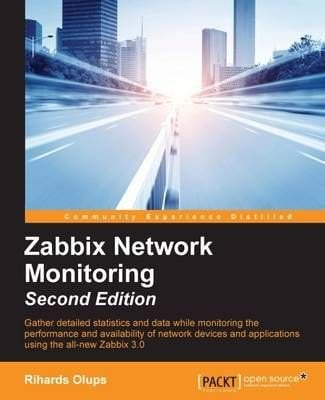This monograph presents original research results on selected problems of dependability in contemporary Complex Information Systems (CIS). The ten chapters are concentrated around the following three aspects: methods for modelling of the system and its components, tasks - or in more generic and more adequate interpretation, functionalities - accomplished by the system and conditions for their correct realization in the dynamic operational environment. While the main focus is on theoretical advances and roadmaps for implementations of new technologies, a much needed forum for sharing of the best practices is also presented. CIS systems, being the most complex yet most reliable technical structures engineered by man, present many challenges throughout their lifecycle. Difficulties in modelling, design, implementation and maintenance come not only from involved, widely distributed technical and organizational structures (comprising both hardware and software resources), but even more from complexity of the information processes (data processing, monitoring, resource allocation, dynamic reconfiguration, etc.) which are realized in the operational, often hostile environment. Furthermore, all the issues need to be dealt with taking into account a number of additional factors, such as uncertainties of human interactions, safety criteria and security demands or economic and environmental constrains.












